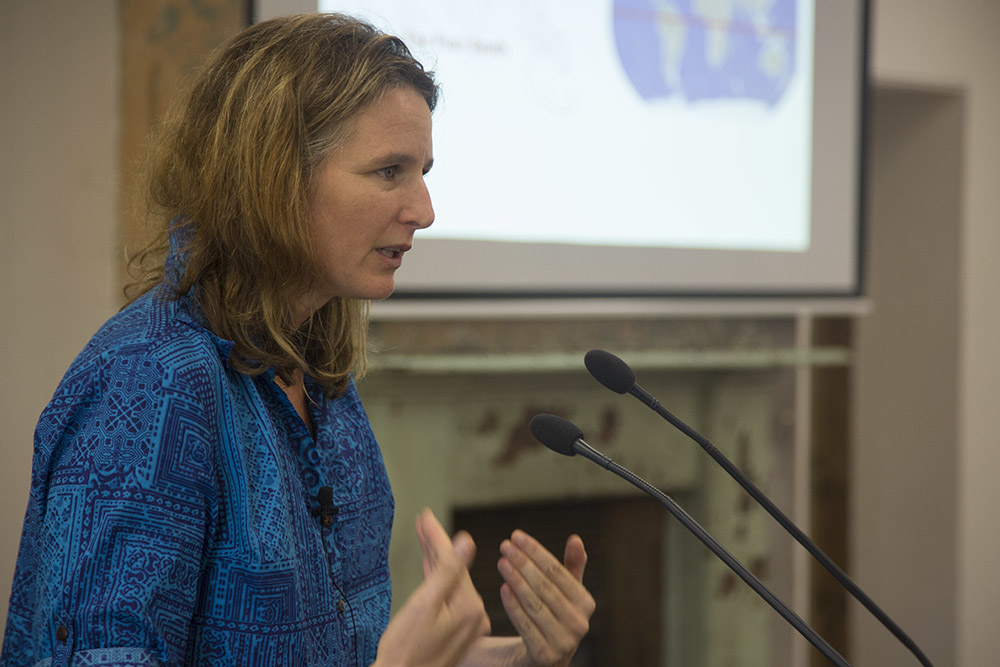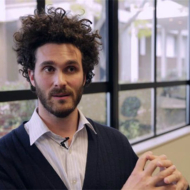This event built on a workshop that took place in Adelaide in early 2018 considering the idea of ‘the south’ in literature, and how this idea might function.
‘Writing Southern Worlds’ – Meg Samuelson
What substance can we give to the idea of the south? One of the defining features of the geographic south is the greater proportion of ocean to land. Samuelson’s paper floated the idea of the ‘blue southern hemisphere’ and reflected on southness as a littoral condition. With some reference to the writing of JM Coetzee, it sought to articulate a ‘southern world’ that is distinct from both the ‘world’ of ‘world literature’ and the postcolonial ‘south’, but which is also not antithetical to either.
‘An Idea of the South’ – Anthony Uhlmann
Uhlmann’s paper responded to the question as to how we might conceptualise an idea of the south. Is it possible for such an idea to be robust and ‘universal’ in cultural terms? If so, how might such an idea look? How might it be defined? What work would it be expected to do? The paper looked at the problem in cartographical terms. It considered the idea of potential and idea of relational particularity. The work is speculative and ‘in progress’ and contributes to thinking around the issues at stake in ‘Other Worlds: Forms of World Literature’.
‘Against Network Thinking’ – Ben Etherington
This presentation critically considered the project to uncover/recover/discover so-called ‘South-South’ networks of literary and political exchange which recently has become popular. Etherington argued that this project is underwritten by the same methodological disposition that has driven what might be called ‘North-North’ literary scholarship to focus on transnational cosmopolitan literary networks. Not only does network thinking leave out determinedly local and localizing projects, but it is often incapable of seeing the implicit solidarities between those projects. Such solidarities cannot be identified by attending only to the empirically verifiable networks that may or may not connect these habitats of literary production. Rather, scholars need to employ a speculative mode of world literary interpretation. Etherington concluded by discussing the meridian lines (in Paul Celan’s sense) that run through disparate literary practices.
—
MEG SAMUELSON joined the Department of English & Creative Writing at the University of Adelaide as a lecturer in 2017, after having held positions as an associate professor at the University of Cape Town and Stellenbosch University in South Africa. She has published widely in South African and southern African literary and cultural studies. Her current research and teaching interests include Anthropocene thought, coastal and maritime literary and cultural studies, critical theory and literary debates, Indian Ocean studies, the southern hemisphere, world literatures and women’s writing. She works primarily on literary texts, but also has projects that focus on photography and film, and other cultural forms.



